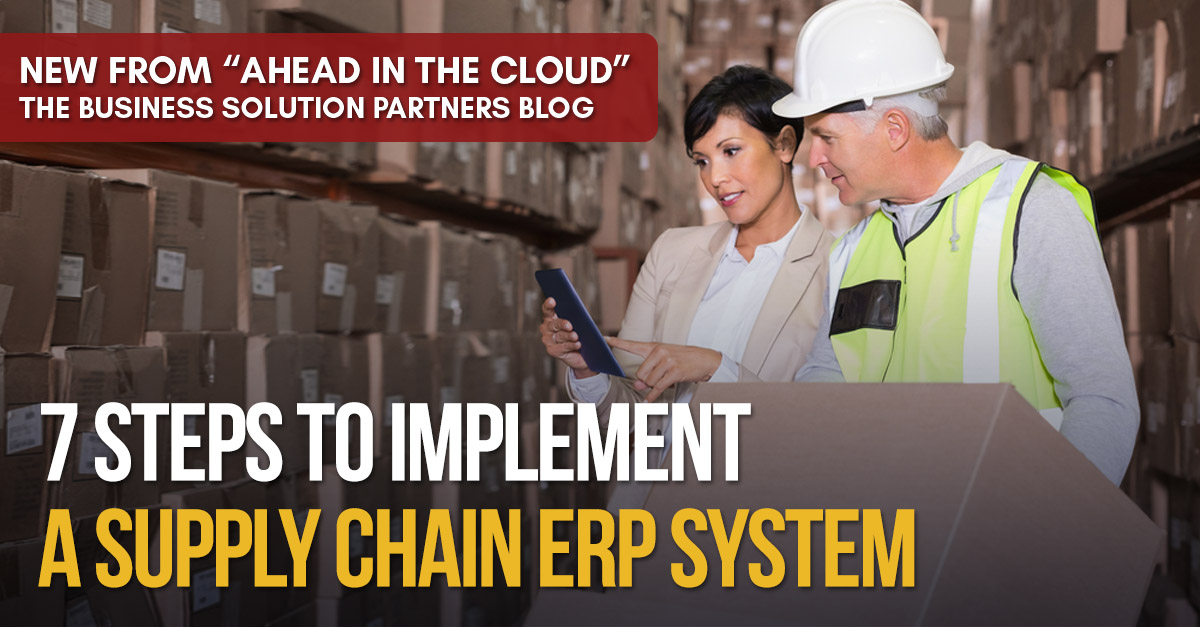How Can Automated Workflows Fix Inefficient Processes?
Distributors can remedy inefficient business processes by implementing automated workflows. Often, businesses leaders are skittish about investing in...
2 min read
FullQuota Editor : Updated on September 17, 2020
To gain an edge in today’s marketplace, distributors need to pursue every opportunity to streamline processes and increase efficiency. Improvements in cloud ERP and other distribution system tools have made it easier for distributors to develop automated workflows and business processes.
Many distributors still use outdated business processes that were originally developed to accommodate limited functionality in legacy software. Updating workflows and processes is essential to well-integrated distribution system.
These automated workflows offer five important advantages for distribution organizations.
The best way to turn these automation benefits into competitive advantages is to integrate them within a cloud ERP system. Once your business data has been entered into your cloud ERP system, all of the relevant personnel and departments (i.e., sales, marketing, finance, etc.) have access to it when necessary. This improves communication because the different departments don’t have to rely on others to pass along the information in a timely fashion, reducing the likelihood of errors and miscommunication during handoffs.
In the end, automated workflows offer several important benefits for distributors, whether your primary goal is to streamline operations, facilitate internal communication or encourage collaboration with vendors and partners.
Contact Business Solution Partners to learn how a cloud ERP implementation could help improve your company’s efficiency and optimize workflows.
Distributors can remedy inefficient business processes by implementing automated workflows. Often, businesses leaders are skittish about investing in...
ERP distribution software can help distributors speed up the fulfillment process by creating more efficient workflows from the warehouse to delivery.

Supply chain ERP solutions represent an underused approach that distribution companies could take advantage of to increase efficiency.